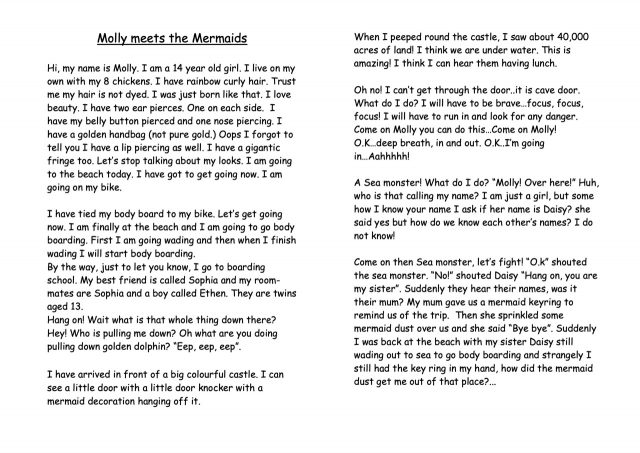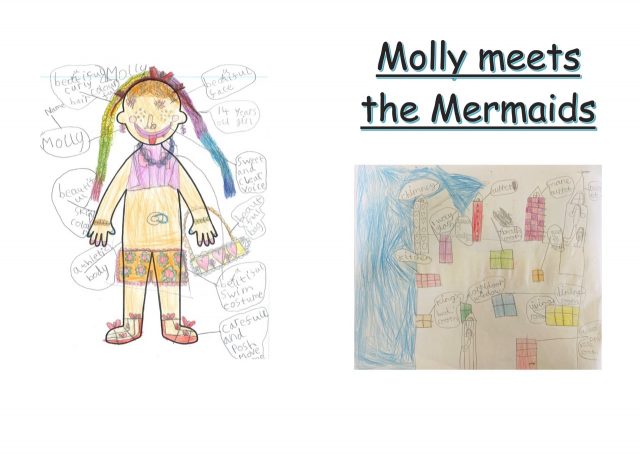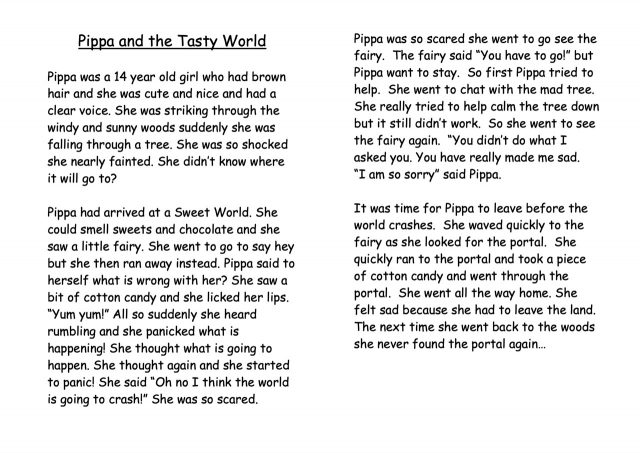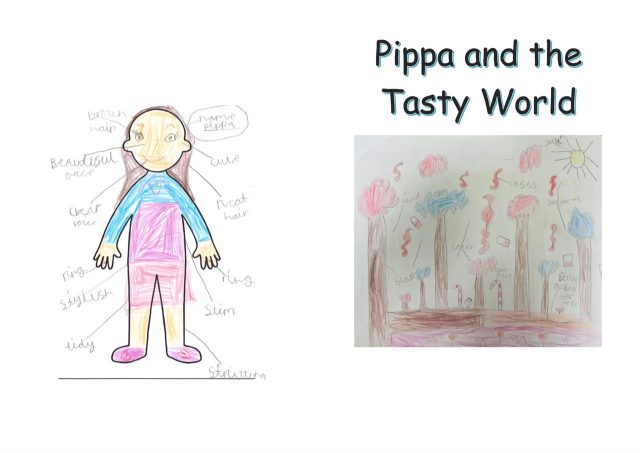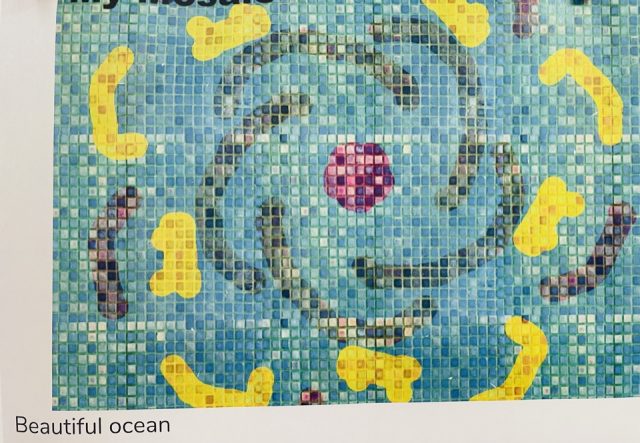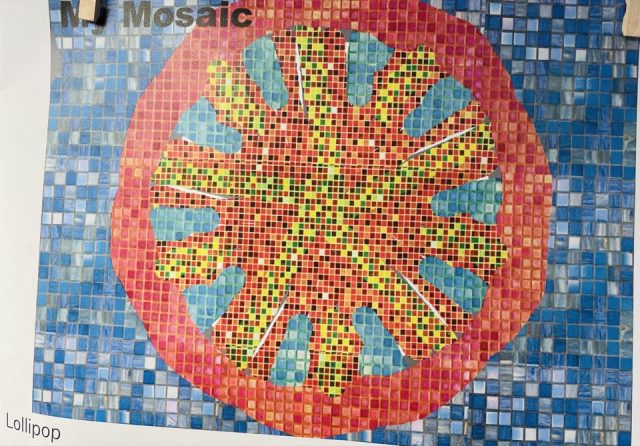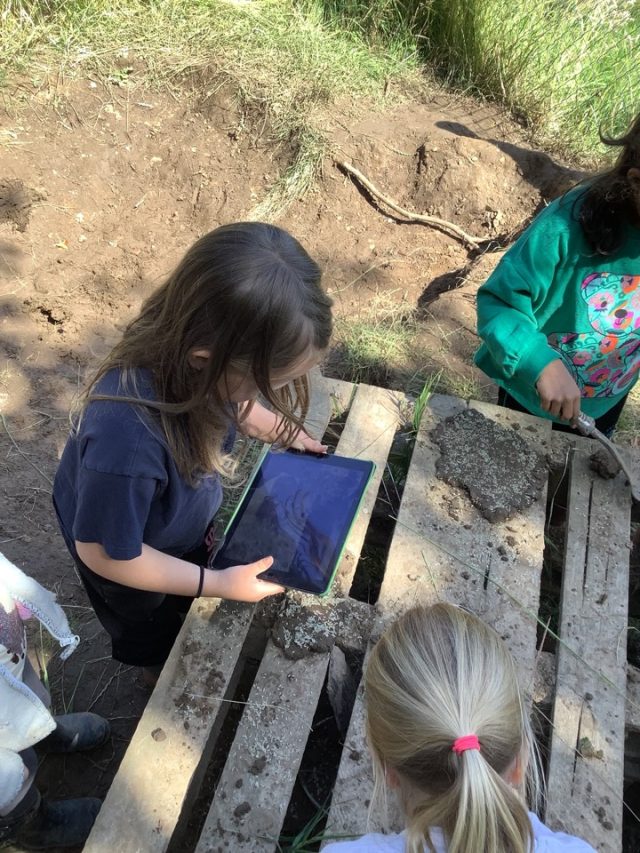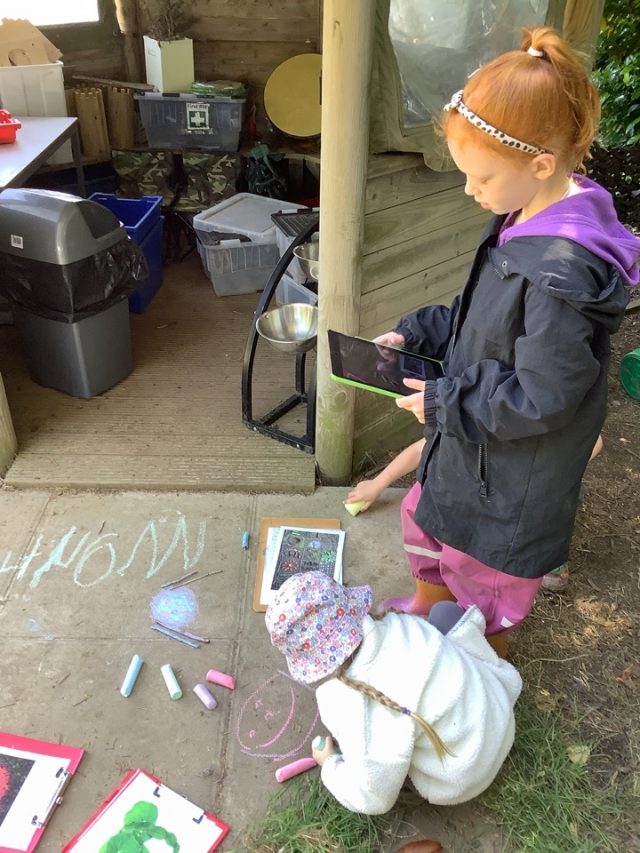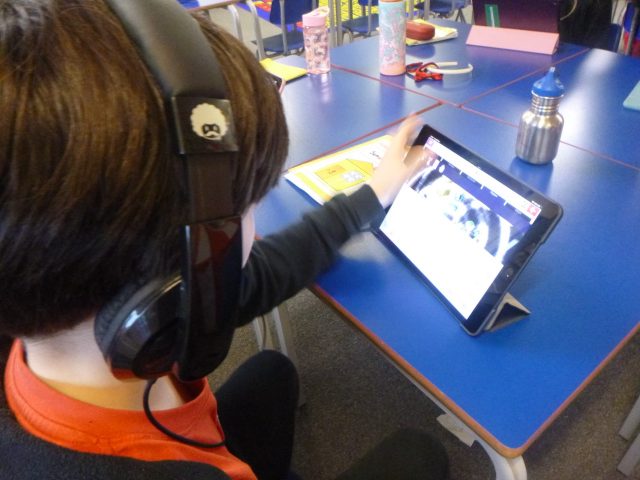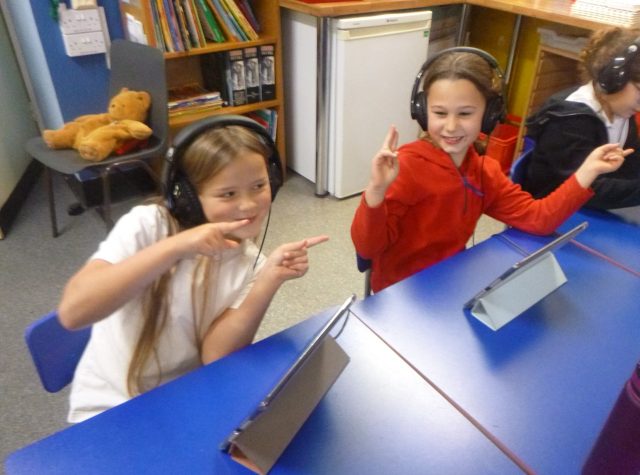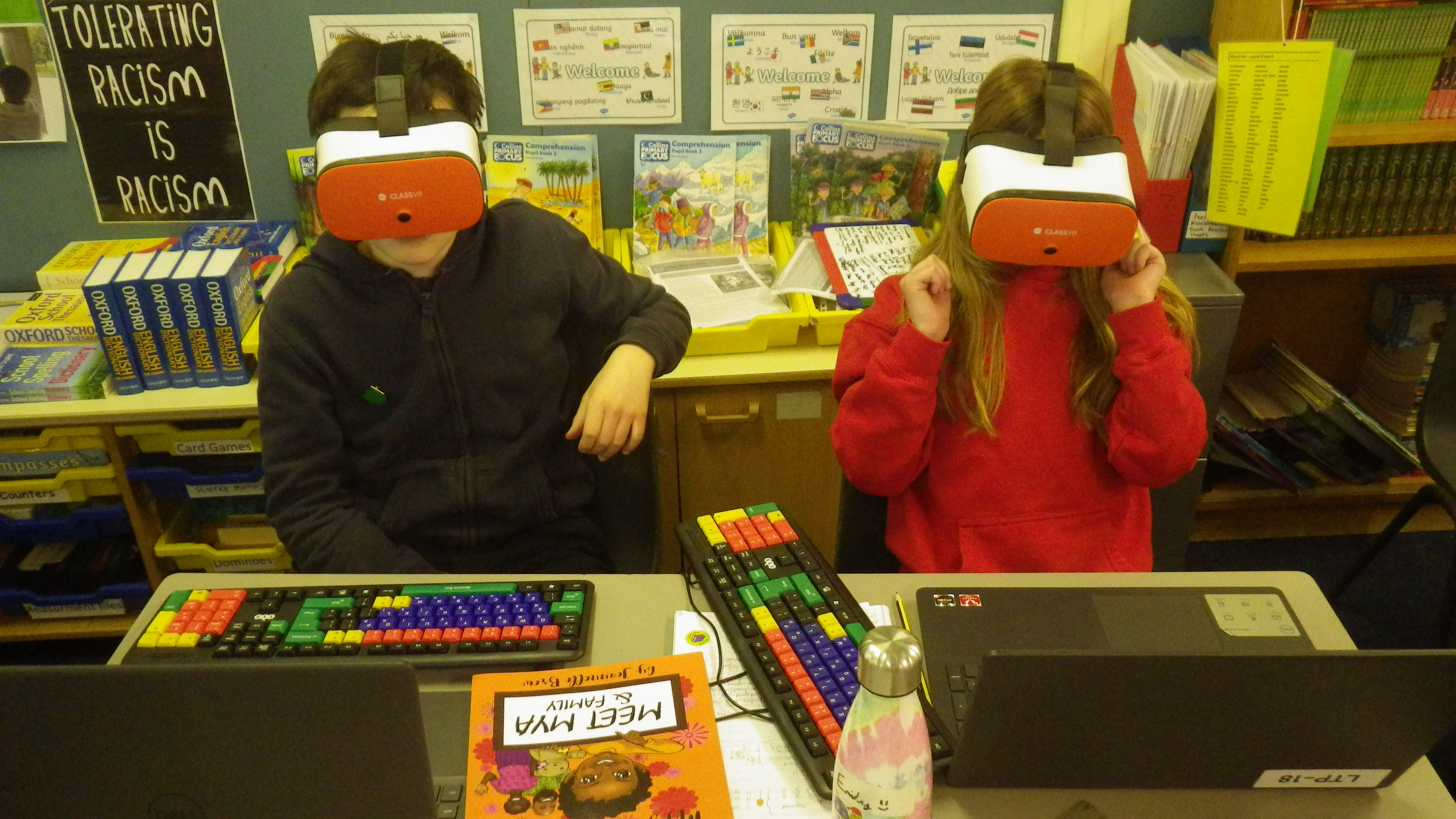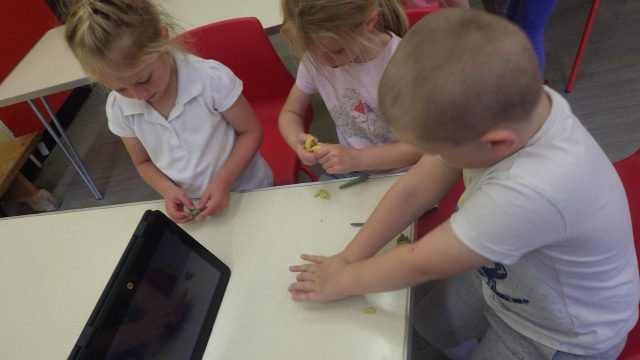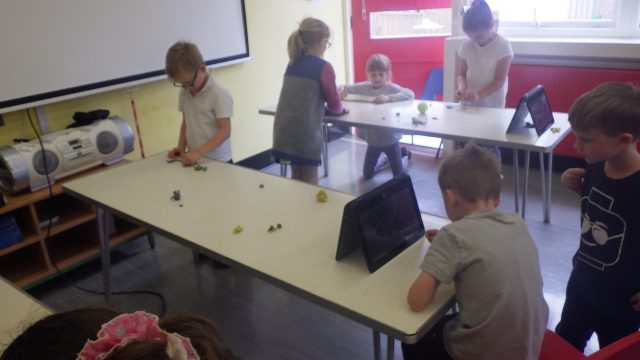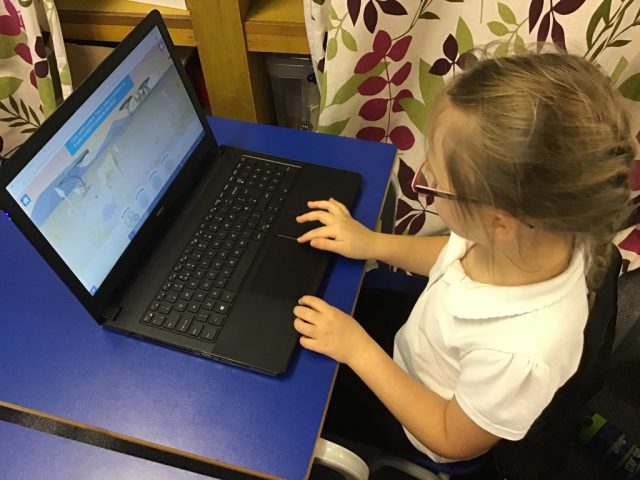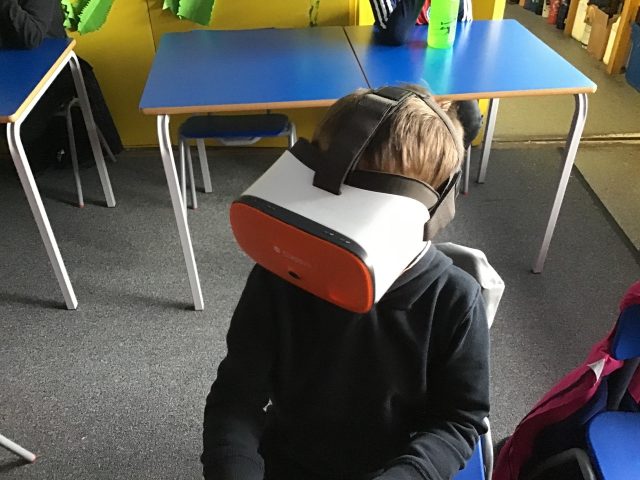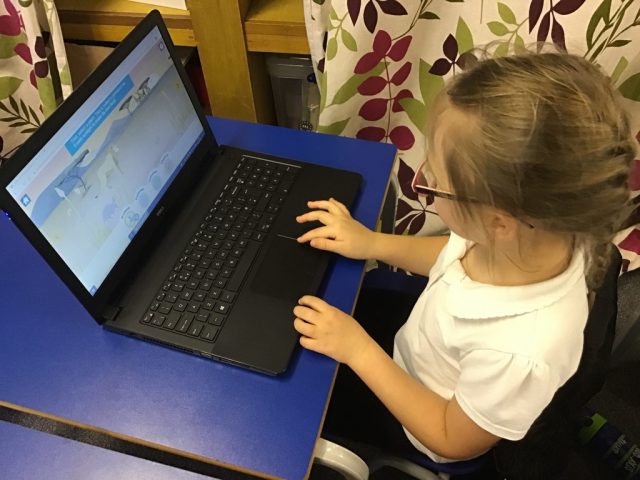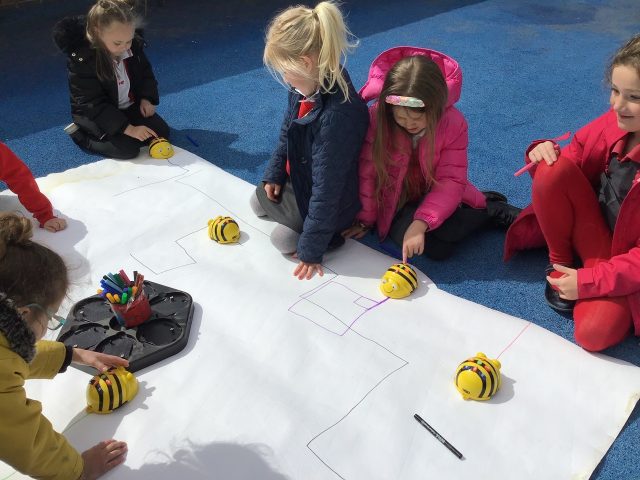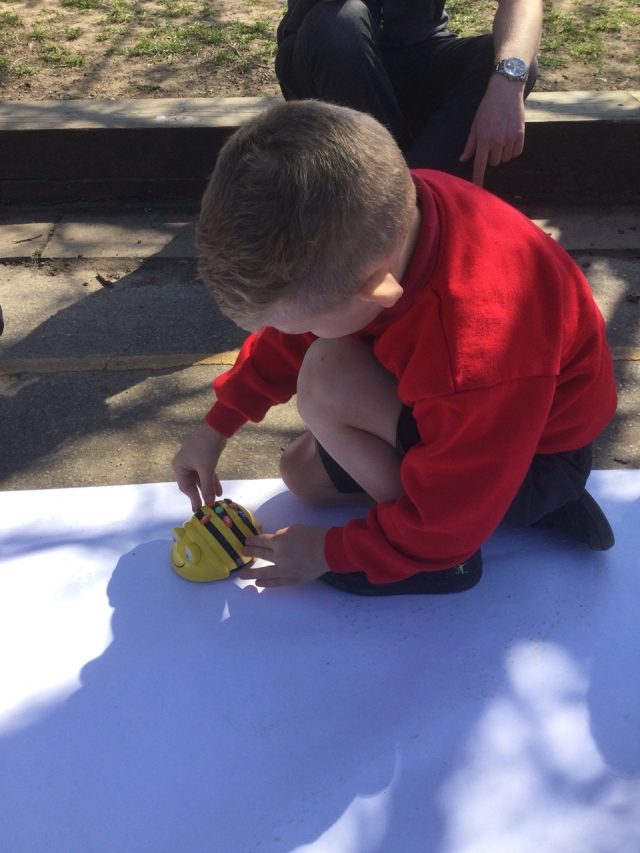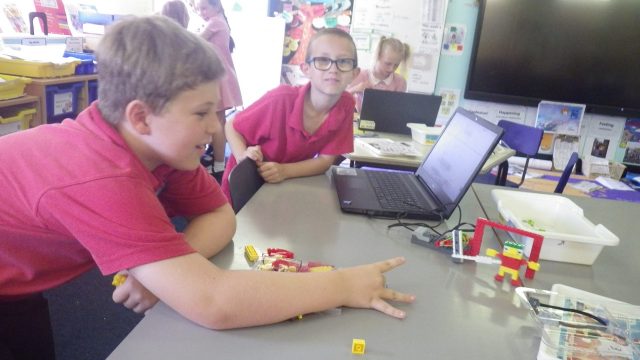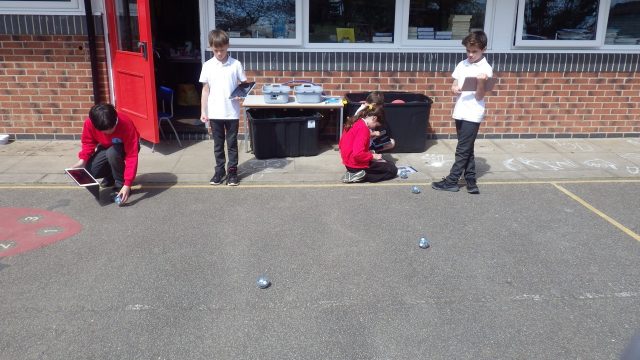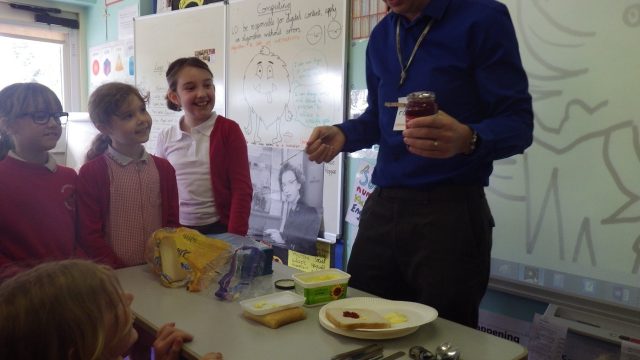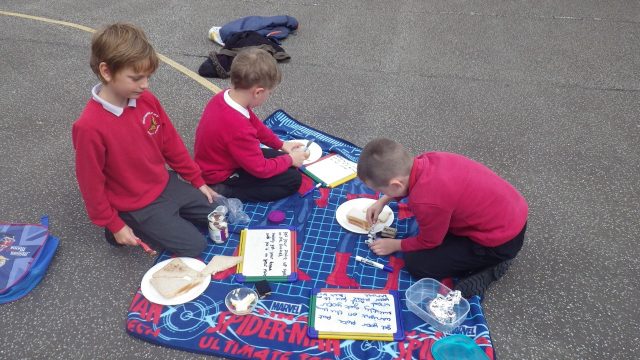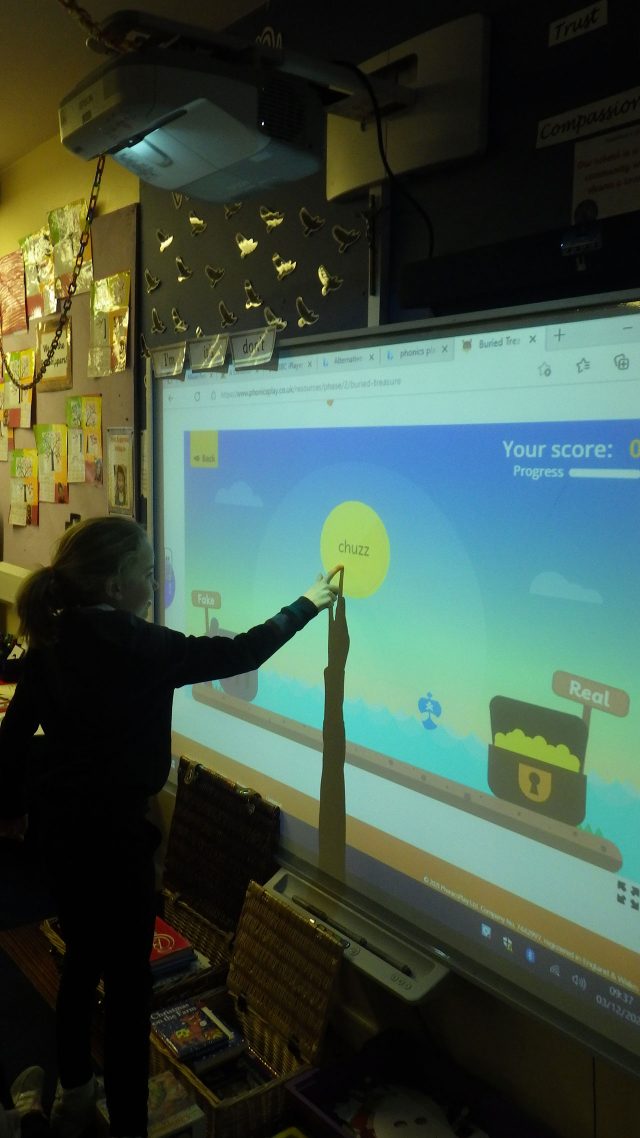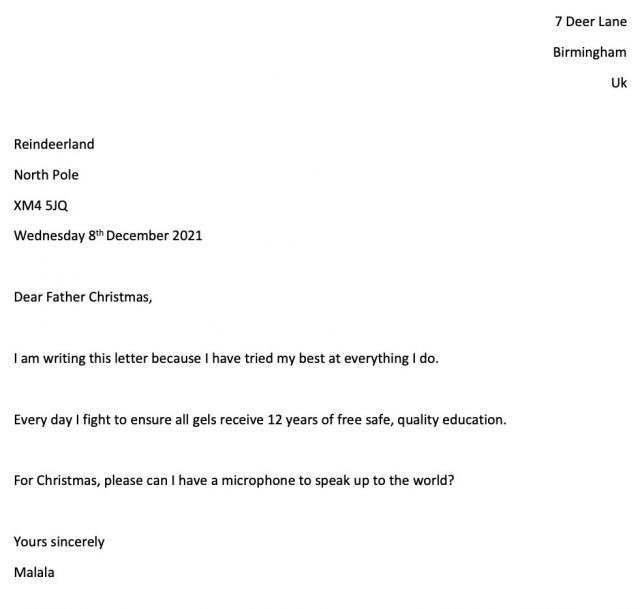Pupils will leave school having had a broad experience using computing technology for a range of purposes. They will acquire general fluency in a fast moving, ever changing field. They will be taught how to respect technology, its risks and fragility, while also demystifying it. That way, they will realise that a computer is designed, created and programmed by a human to enable it to function. When teaching the children, an effort will be made to allow them to freely explore the different programs we will be using, both at school and at home. E-Safety will be interwoven throughout the year through whole school activities and in all computing lessons, with the aim of empowering children to keep themselves and others safe online. There is a clear plan for progression. Children will be supported to close any gaps in their learning. Where children show high ability, talent and interest, they will be appropriately challenged in and beyond school. Children will be supported to amend, improve and collaborate with their peers using technology as a resource to lift barriers to learning. The subject will be presented as one to enjoy across the curriculum.
Computing skills are taught both discretely and as part of cross-curricular themes, supporting other areas of learning across the school. In Reception and Key Stage 1, children are taught to use equipment and software confidently and purposefully, to communicate and handle information and to support their problem solving, recording and creative skills. In Key Stage 2, our children extend their use of computing applying their knowledge, skills and understanding to communication, investigation, research, programming and online safety. Our curriculum for digital literacy that includes online safety is broad understanding current issues like fake news and responsible use of social media. There is a clear plan for progression moving at the pace of individual children’s progress. Teachers model using computer technology with confidence and use subject specific vocabulary in their teaching to enrich children’s language acquisition.
The school celebrates children’s achievements in computing in celebration assemblies, displays and on the website and in newsletters demonstrating the subject’s valued status in the school. Outcomes evidence a broad and balanced computing curriculum and demonstrate children’s acquisition of identified key knowledge, skills and understanding.
A range of formative assessment strategies are used to inform and address any trends or gaps in progress and attainment. Children are encouraged to self and peer assess. Summative assessments are carried out and teachers record the progress and attainment against National Curriculum expectations of attainment. Teachers use this information to inform future lessons; ensuring children are supported and challenged appropriately.
Further information is gathered through pupil feedback; highlighting strengths and achievement and any improvements, knowledge and skills that still need to be embedded.
Children in Foundation Stage are assessed within Understanding the World and their progress is tracked in their individual learning journeys. Age related expectation levels are reported to parents at the end of the reception year.
The desired impact of our computing curriculum is that it helps children know, apply and understand the matters, skills and processes specified in the relevant programme of study.
Computing, in general, is a significant part of everyone’s daily life and we are aware our children should be at the forefront of new technology, with a thirst for learning and an ability to adapt to an evolving technological world.



